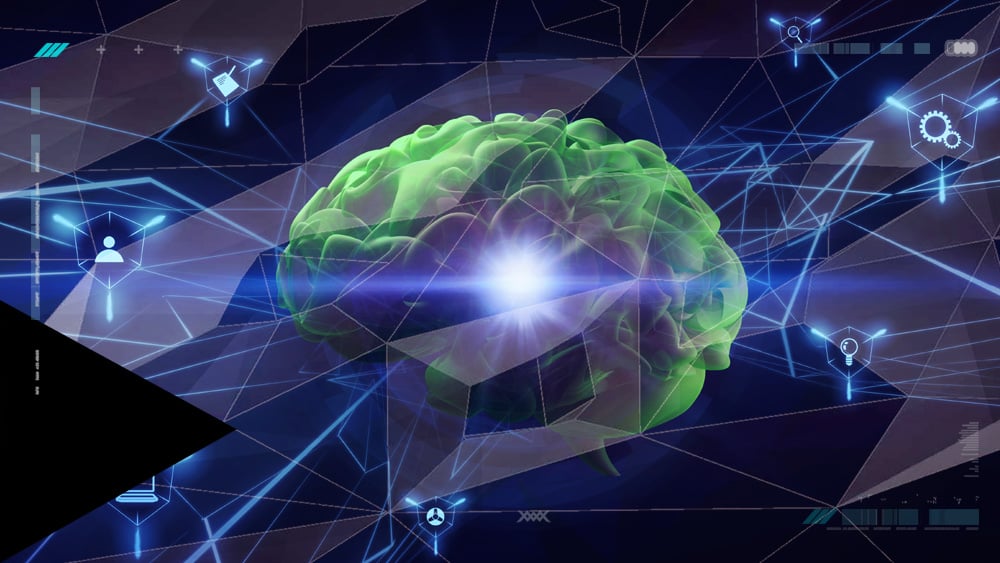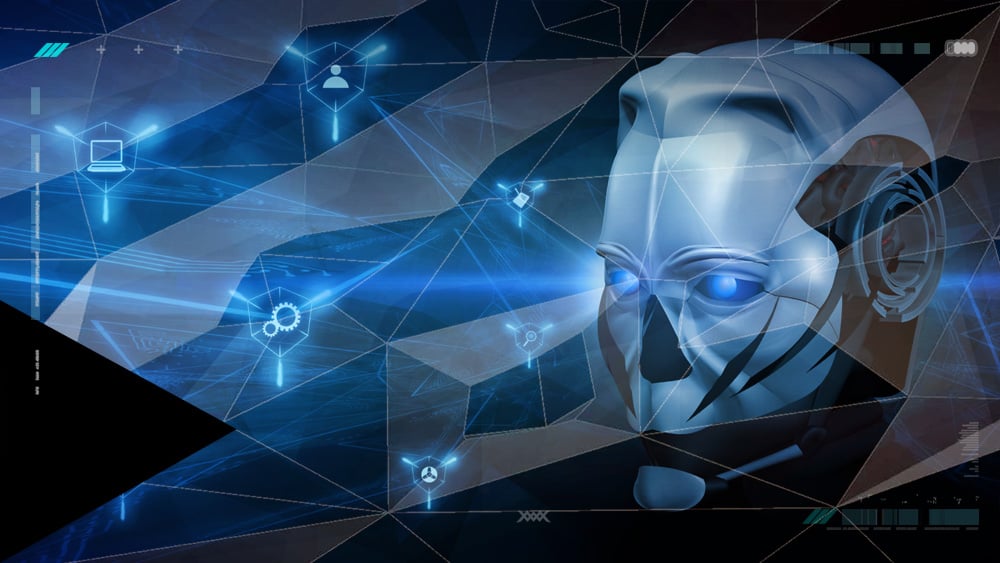 Approximately 60% of jobs in the EU are potentially exposed to Artificial intelligence. The positive aspect is that more than half of the exposed workers are likely to increase their productivity and incomes due to AI. For the other half, the widespread adoption of AI technologies will pose risks of job loss and income reduction. About half of the workers will need to be retrained within the next three years and redirected in their careers.
Approximately 60% of jobs in the EU are potentially exposed to Artificial intelligence. The positive aspect is that more than half of the exposed workers are likely to increase their productivity and incomes due to AI. For the other half, the widespread adoption of AI technologies will pose risks of job loss and income reduction. About half of the workers will need to be retrained within the next three years and redirected in their careers.

illustration: adobe stock
Over 69 million jobs will be created within the next five years, but 83 million will be lost, leading to a global market shrinkage of 14 million. A characteristic of the changes brought about in the labor market by technological progress is the forecast for a 40% increase in demand for AI and machine learning specialists (or 1 million jobs) due to the industry’s transformation.
The advancement of artificial intelligence poses significant threats to the entertainment industry, including potential loss of creative control and originality in content creation, job displacement for creatives, and ethical concerns around decision-making processes. AI systems are increasingly capable of generating music, art, and digital media, leading to a potential homogenization of entertainment products that diminishes diversity and uniqueness. It is essential for stakeholders in the industry to navigate these dangers carefully to ensure that creativity and human expertise continue to thrive.

illustration: adobe stock
Professor Geoffrey Hinton, also known as the “Godfather” of Artificial Intelligence, has advocated for the establishment of a universal basic income to address the impact AI will have on incomes, as many everyday jobs will be lost. He supports that AI will increase productivity and wealth, but the money will mainly go to the rich and not to the people who will lose their jobs.
 the money will mainly go to the rich
the money will mainly go to the rich
According to Hinton, AI poses threats up to and including the extinction of humanity. He estimates that governments are not willing to limit its military use, while the competition for rapid product development poses a risk that technology companies will underestimate safety. He raises the probability to 50% that in 5-20 years, humanity will face the problem of an AI trying to take control. This equates to an “extinction-level threat” for humans.
 read next: The benefits of using virtual studio backgrounds in filmaking
read next: The benefits of using virtual studio backgrounds in filmaking
 read next: How to Shoot Better Video Quality for YouTube
read next: How to Shoot Better Video Quality for YouTube
 read next: What do i need to get more views on youtube and grow my channel?
read next: What do i need to get more views on youtube and grow my channel?
 read next: The health benefits of listening to ambient music
read next: The health benefits of listening to ambient music



Comments (0)